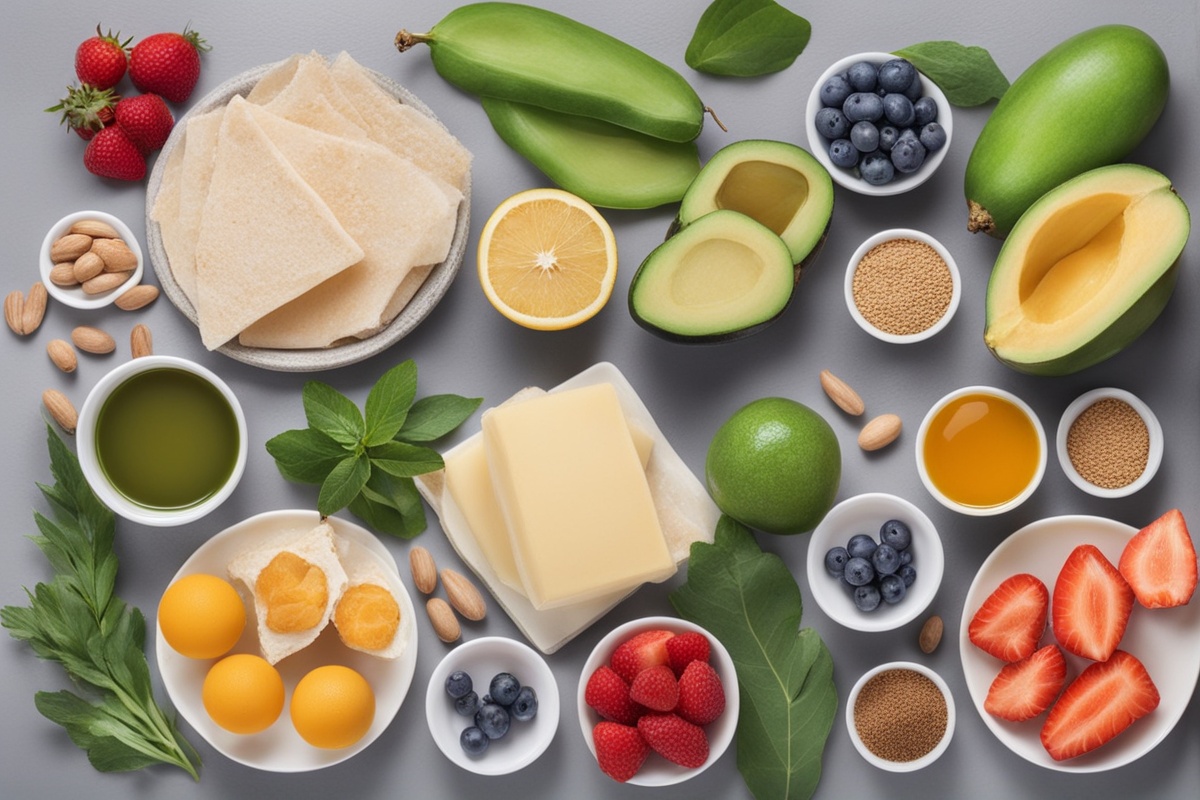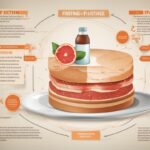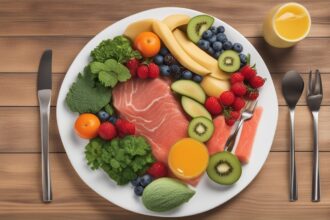Fasting has gained immense popularity as a health and wellness practice, offering benefits like weight management, improved metabolic health, and enhanced mental clarity. However, while fasting—whether intermittent or prolonged—can be beneficial, it also raises concerns about nutrient deficiencies, especially when it comes to vitamins and micronutrients. Ensuring you get the optimal vitamins during fasting is crucial to maintaining energy levels, supporting bodily functions, and preventing potential health risks. This comprehensive guide explores the best vitamins to prioritize during fasting, how they support your body, and practical ways to incorporate them without breaking your fast.
Why Vitamins Matter During Fasting
When you fast, your body enters a state of reduced caloric intake, which can limit the availability of essential nutrients. Vitamins play a critical role in metabolic processes, immune function, and cellular repair—functions that remain active even during fasting. Without adequate vitamin intake, you might experience fatigue, weakened immunity, or other health issues. Focusing on optimal vitamins during fasting helps bridge nutritional gaps, ensuring your body has the tools it needs to thrive, even with restricted food intake. It’s also worth noting that some fasting protocols, like water fasting, eliminate all nutrient sources, making supplementation or strategic nutrient timing even more important.
Key Vitamins to Prioritize While Fasting
Not all vitamins are equally important during fasting. Some play a more direct role in supporting energy production and stress response, which are critical when your body is under the unique conditions of fasting. Below are the top vitamins to focus on for optimal health during fasting:
- Vitamin B Complex: B vitamins, especially B1 (thiamine), B6 (pyridoxine), and B12 (cobalamin), are vital for energy metabolism and nervous system health. Fasting can deplete B vitamins due to reduced food intake, so supplementation may be necessary.
- Vitamin D: Often called the “sunshine vitamin,” Vitamin D supports immune function and bone health. Since fasting can limit dietary sources like fortified foods, ensuring adequate Vitamin D through sunlight or supplements is key.
- Vitamin C: This antioxidant vitamin boosts immunity and helps combat oxidative stress, which may increase during fasting as the body undergoes autophagy and cellular repair.
- Vitamin K: Essential for blood clotting and bone health, Vitamin K can be harder to obtain during fasting, especially if green leafy vegetables are off the menu during eating windows.
By focusing on these optimal vitamins during fasting, you can support your body’s resilience and maintain overall wellness.
How Fasting Affects Vitamin Absorption
Fasting alters how your body absorbs and utilizes nutrients. During fasting, digestion slows, and the body shifts to burning stored energy, which can impact how vitamins are processed. Fat-soluble vitamins (like A, D, E, and K) may be less affected since they’re stored in body fat, but water-soluble vitamins (like B and C) are not stored long-term and need regular replenishment. This makes timing and supplementation critical. For instance, taking water-soluble vitamins during eating windows or with a small amount of fat (if allowed in your fasting protocol) can enhance absorption. Understanding these dynamics is essential for ensuring you’re getting the optimal vitamins during fasting. For more on nutrient absorption, check out our detailed guide on Micronutrient Timing During Fasting.
Supplements vs. Natural Sources: What’s Best During Fasting?
One of the biggest debates around fasting and nutrition is whether to rely on supplements or natural food sources for vitamins. During fasting, especially strict protocols like water fasting, supplements often become the only viable option to ensure you’re getting the optimal vitamins during fasting. However, during eating windows in intermittent fasting, prioritizing nutrient-dense foods like leafy greens (for Vitamin K), citrus fruits (for Vitamin C), and fatty fish (for Vitamin D) can be highly effective. Supplements, on the other hand, offer convenience and precision, especially for vitamins like B12, which may be harder to obtain in sufficient quantities from food alone during short eating windows. For a deeper dive into balancing supplements and whole foods, explore our post on Fasting-Friendly Nutrient-Dense Foods.
Ultimately, the choice depends on your fasting style, dietary preferences, and health goals. Consulting with a healthcare provider can help tailor your approach to vitamin intake during fasting.
Potential Risks of Vitamin Deficiency During Fasting
Neglecting vitamin intake during fasting can lead to several health risks. For example, a deficiency in B vitamins can cause fatigue, brain fog, and even neurological issues over time. Low Vitamin D levels are linked to weakened immunity and poor bone health, while insufficient Vitamin C can impair wound healing and increase susceptibility to infections. Prolonged fasting without attention to optimal vitamins during fasting may also exacerbate existing deficiencies, particularly in individuals with restrictive diets (e.g., vegans or those with food allergies). To mitigate these risks, consider regular blood tests to monitor nutrient levels and adjust your supplementation or diet accordingly. Learn more about the risks of nutrient deficiencies in our article on Fasting and Nutrient Deficiencies: What to Watch For.
Practical Tips for Incorporating Vitamins During Fasting
Getting the optimal vitamins during fasting doesn’t have to be complicated. Here are actionable tips to ensure you’re meeting your nutritional needs:
- Time Your Intake: Take water-soluble vitamins like B and C during eating windows to maximize absorption. Fat-soluble vitamins like D and K can be taken with a small amount of dietary fat if your fasting protocol allows.
- Choose High-Quality Supplements: Opt for reputable brands that offer bioavailable forms of vitamins, such as methylcobalamin for B12 or cholecalciferol for Vitamin D.
- Stay Hydrated: Proper hydration supports nutrient transport in the body, especially during fasting when dehydration risks are higher.
- Monitor Symptoms: Pay attention to signs of deficiency, such as fatigue, irritability, or frequent colds, and adjust your vitamin intake as needed.
By following these strategies, you can maintain a balanced nutrient profile even during extended fasting periods. For additional hydration tips, read our guide on Hydration Strategies for Fasting Success.
Disclaimer: The information provided in this article is for educational purposes only and should not be considered medical advice. Fasting and vitamin supplementation can affect individuals differently based on health conditions, age, and lifestyle. Always consult with a healthcare professional or registered dietitian before starting any fasting regimen or making significant changes to your diet or supplement routine to ensure safety and suitability for your specific needs.
References
- Fung, J., & Moore, J. (2019). The Complete Guide to Fasting: Heal Your Body Through Intermittent, Alternate-Day, and Extended Fasting. National Center for Biotechnology Information.
- Harvard Health Publishing. (2021). The Importance of Vitamins During Fasting. Harvard Medical School.
- Mayo Clinic Staff. (2022). Vitamin Deficiency: Symptoms and Solutions. Mayo Clinic.
- Office of Dietary Supplements. (2023). Vitamin B12 Fact Sheet for Health Professionals. National Institutes of Health.
- WebMD Editorial Contributors. (2023). Health Benefits and Risks of Fasting. WebMD.
This content is for informational purposes only and not a substitute for professional advice.






